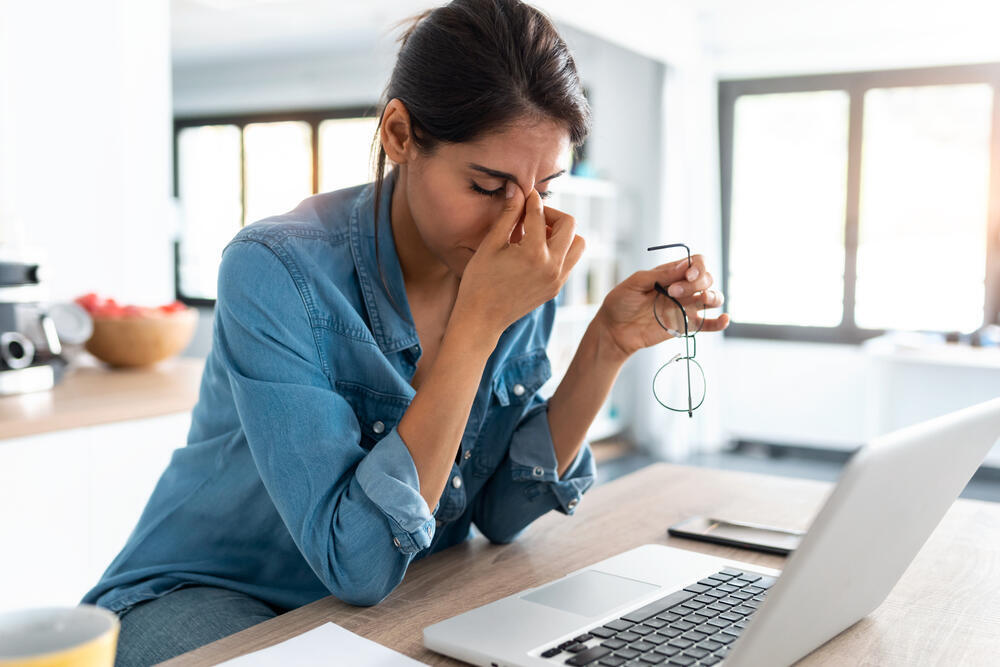As the lines between home and work blur, so too does the impact on our sleep. Recent studies indicate that those who work from home are three times more likely to experience insomnia compared to office workers. The lack of sleep not only affects productivity but also increases stress and can lead to long-term health issues.
Dr. Amalia Messika, head of Cognitive Behavioral Therapy for Insomnia (CBT-I) at the Sleep Institute of Ichilov Hospital and a researcher at the Hebrew University, explains that our sleep mechanisms are deeply rooted in our evolutionary past. "Our natural sleep and wake cycles were shaped by the environment—exposure to natural light and darkness. In ancient times, we were diurnal creatures, awake during the day and asleep at night."
She notes that the recommended sleep duration for adults aged 18 to 64 is seven to nine hours, and seven to eight hours for those over 65. The myth that older adults need significantly less sleep is false, Messika adds, explaining that many compensate with naps during the day.
To determine your optimal sleep duration, she suggests monitoring how easy it is to wake up in the morning. If it takes more than 30 minutes to fall asleep or you frequently wake up at night and struggle to fall back asleep, these could be signs of insomnia. Chronic sleep issues lasting more than three months warrant attention and possible treatment.
The rise of remote work, which gained traction during the pandemic, continues to affect sleep patterns. Research, including a South Korean study published in BMC Public Health, found that remote workers were three times more likely to develop insomnia symptoms than those who worked in an office setting. Remote work was also linked to higher levels of depression, anxiety and poor work-life balance.
Dr. Messika highlights several factors contributing to sleep disturbances for remote workers. Many people turn their bedrooms into multi-purpose spaces for work, study, and leisure, disrupting the association between bed and sleep. Screen exposure, particularly to blue light, also interferes with our biological clocks and the release of melatonin, the sleep hormone.
Additionally, working late or engaging in stimulating activities close to bedtime can blur the line between work and rest, leading to insomnia. Prolonged time in bed, less physical activity, and reduced exposure to natural light further exacerbate the issue.
To mitigate these effects, Messika recommends taking frequent breaks to get natural light, ideally three times a day, to help regulate your internal clock. Maintaining a separate workspace and winding down with relaxing activities before bed are also crucial for quality sleep. Limiting time spent in bed to actual sleep time, rather than extending it to "catch up," can improve sleep quality.
 Dr. Amalia Messika
Dr. Amalia MessikaFor persistent insomnia, cognitive behavioral therapy (CBT-I) is the first line of treatment before considering medication. The therapy focuses on strengthening natural sleep mechanisms and addressing thoughts that disrupt sleep.
Dr. Messika also advises against using sleep supplements without consulting a doctor, as their effectiveness varies, and taking them without guidance can be counterproductive.
Finally, while counting sheep may be a classic method, Dr. Messika suggests other strategies like listening to calming music or a sleep-dedicated podcast to create a soothing bedtime routine.




